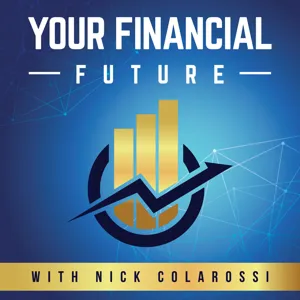ULS 139: Let's Cut That Out in Post - Freenginx, Asahi, AMD's Cuda

DSL is back, but it's bigger! There's a CUDA implementation for AMD, The Linux Topology code is getting cleaned up, and there's a bit of a tussle over who's the first to ship KDE 6. Nginx forks over a CVE, AMD has new chips, and Asahi is beating Apple on OpenGL. For tips there's zypper for package management, cmp for comparing files, UFW for firewall simplicity, and a quick primer on how Wine handles serial ports! Catch the show notes at https://bit.ly/49z3PDs and enjoy the show!
Host: Jonathan Bennett
Co-Hosts: Rob Campbell, Ken McDonald, and Jeff Massie
Want access to the video version and exclusive features? Become a member of Club TWiT today! https://twit.tv/clubtwit
Club TWiT members can discuss this episode and leave feedback in the Club TWiT Discord.













